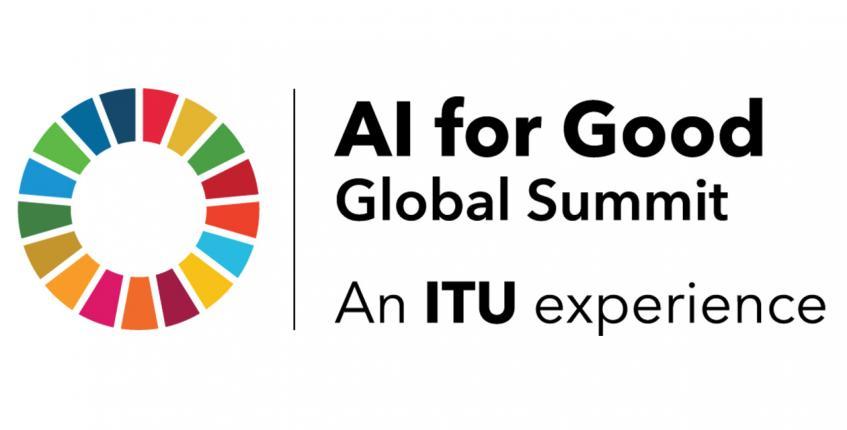On Wednesday, June 24th, AI for Good hosted a Global Dialogue on Esports, focusing on the potential of academics in esports, the overall reach of competitive gaming, and maintaining physical health while playing.
The panel consisted of four members, all of whom had unique experiences in the field of Esports and came from around the globe.
LJ Rich served as the mediator and the member who asked the questions to the rest of the panel. Rich is part of Click, a BBC technology show, and has been involved in the tech industry for over a decade.
Koen Schobbers, hailing from the Netherlands, was previously on Team Acer as a competitor and contributed to much of the conversation with insight from this time of his life.
Chester King, a UK native, is the founder and CEO of the British Esports Association.
And Dr. Melita N. Moore, who is a health specialist that regularly meets with top esport talent to maintain their physical and mental well-being.
Throughout the beginning of the Zoom meeting, the members spoke on the stigma Esport athletes hold regarding their physical and mental health.
Melita said, “I treat my E athletes exactly the same way that I treat my traditional professional athletes, and so just like we focus on their nutrition on their sleep.”
The importance of maintaining physical and mental health is a prevailing trend within the industry. Koen made note that recruiters are not only looking for talented players, but also players who can effectively communicate with their teammates, get adequate sleep, take care of their health and maintain a healthy schedule for practicing. While Koen was a member of Team Acer, the team had a psychologist, fitness coach, nutritionist and a media trainer.
Another important aspect of getting recruited to a team is a person’s media presence. In the digital age, anything can be screenshotted, making one misstep potentially detrimental to a player’s career. Because of this, it is commonplace for teams to hire media trainers and consultants.
Melita also said that the WHO has data estimating that 52% of people will become near-sighted in the next 10-15 years due to the high screen time that has become normalized. For her athletes, it is important to stress the importance of ocular health, as it is imperative to their careers.
Melita advocates for gamers to utilize the ‘20-20-20 rule’, which dictates that every 20 minutes, the gamer should look 20-feet away for 20 seconds. This rule serves to help vision health and refocusing the eyes during play sessions.
Throughout the meeting, the panel was taking questions from the audience. Among those was a question regarding career options for those interested in Esports.
King talked about the programs and opportunities available in the UK and how the industry is growing to involve a wide field of entrepreneurs globally. The esport market is calling for videographers, journalists, managers and many more roles to be filled.
The panel then shifted focus to diversity in esports, noting that it is of upmost priority going forward. In the past and present, women have been ostracized in the community, and that to make less of a reality, setting up a women’s esports association, increasing access and opportunities to female gamers and creating more inclusive competitive games are all essential steps moving forward.
Before the end of the meeting, the panel touched over the future of esports. The four noted that the industry will only get larger as time progresses, and that more leagues, circuits, career paths, and careers will open up. Also, with the passing of time comes the progression of technology and, soon, esports will begin to utilize virtual reality and artificial reality technologies.
At Ohio University, students can get involved in esports in a myriad of ways. Students can take part in Bobcat Esports, the main group for students interested in getting involved in competitive gaming. Students can also involve themselves in the specific esport of their choosing through that game’s designated club, whether it be Super Smash Bros., Hearthstone, Counter Strike, or any other game offered through the university.
With the increasing interest in VR and AR technologies, OU implores both its current and future students with those interests to look into its VR program, ITS program, and the games and animation program.
The McClure School of Emerging Communication Technologies strives to offer the best academic programs in the IT (Information Technology) , the game development and the Virtual Reality/Augmented Reality (VR/AR) industries. Our programs and certificates cover numerous aspects of the rapidly changing industries of information networking, information security, data privacy, game development , digital animation and the academic side of esports .

